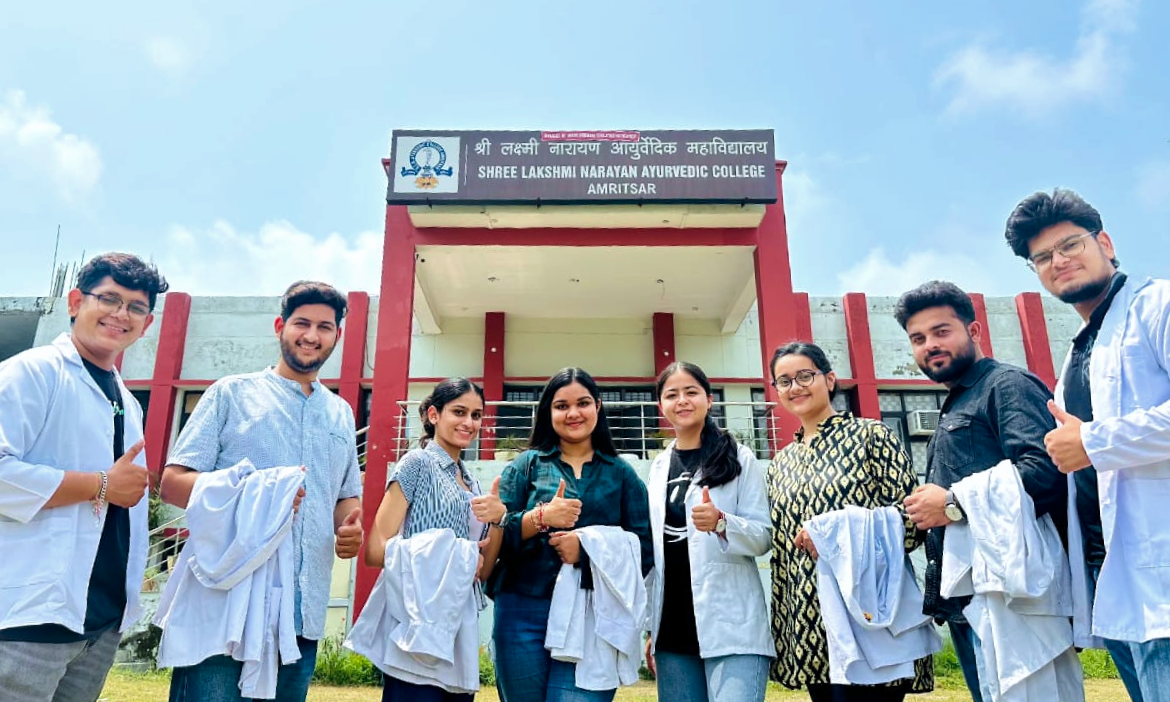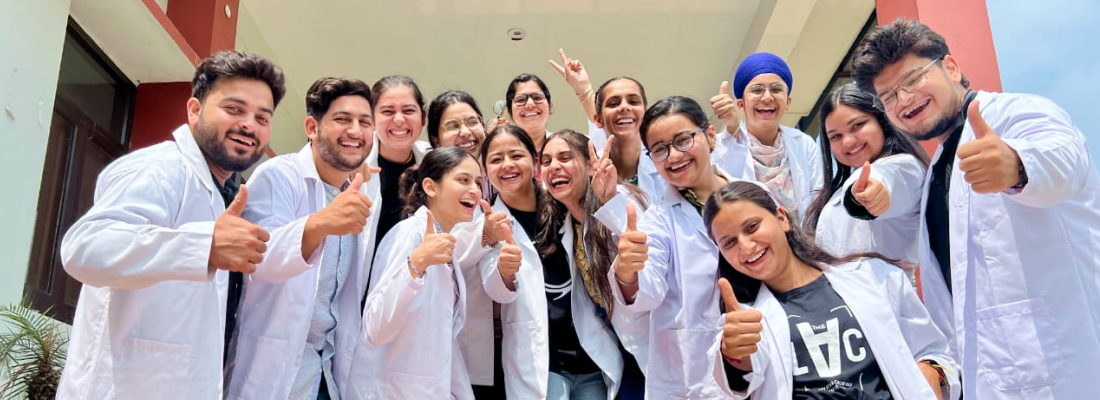
The Bachelor of Ayurvedic Medicine and Surgery (B.A.M.S) is a comprehensive and rigorous undergraduate program that spans over a period of 5.5 years, aimed at providing in-depth knowledge and training in the ancient system of Ayurveda. This course combines traditional Ayurvedic wisdom with modern medical science to prepare students for a holistic approach to healthcare.
Fill out the form below and our experts will get in touch with you very soon!
Duration of Internship: 1 year
The student will join the compulsory internship program after passing the final prof. examination. The internship program will start after the declaration of the result of the final year examination. The period of the internship will be one year.
The reservation in quota seats is as follows (Total: 34%):
| Category | Reservation Percentage |
|---|---|
| Schedule Caste | 25% |
| Backward Class | 5% |
| Physically Handicapped | 5% |
| Migrants of J&K | 1% |
The following points shall be observed while granting the above reservations in both government and private institutes:
Seats: 15% seats in all private institutes/university colleges and a specified number of seats in government institutes shall be earmarked for the Non-Resident Indians (NRIs) in the following order of priority to the exclusion of the next category below:
The institute-wise details of seats under this quota can be downloaded from the university's website. The NRI quota in private institutes will be a part of the management quota.
The candidates for NRI seats will be admitted on merit determined on the basis of marks obtained in the qualifying examination equivalent to the 10+2 examination of P.S.E.B./C.B.S.E./I.C.S.E. in Physics, Chemistry, Biology and English (PCB) taken together. The equivalence, merit and eligibility of the candidates will be determined by the Guru Ravidas Ayurveda University, Hoshiarpur, which will issue an eligibility certificate to Ayurvedic colleges. Against NRI seats, the candidate shall apply to Guru Ravidas Ayurveda University, Hoshiarpur, on the prescribed form for NRI seats.

The word ‘ragging’ means the act of teasing, taunting, playing a practical joke upon someone, or holding comic parades and other activities during certain periods of a college term.
But over the years, the word ‘ragging’ ceased to denote the healthy practice it used to be and has acquired more negative connotations and notoriety. Nowadays, ‘ragging’ may include:
To prevent ragging, some state governments enacted legislation defining ragging and suggesting preventive measures and punishment. The University Grants Commission strongly recommends that every educational institution should take steps to curb the menace of ragging.
Our institute follows the following measures to prevent ragging:
| NAME | DESIGNATION | CONTACT NO |
|---|---|---|
| Dr. Jasbir Kaur | Professor | 7837455967 |
| Dr. Veenu Malhotra | Professor | 9463728328 |
| Dr. Bhanu Puri | Reader | 8146871177 |
| Dr. Venus Marwaha | Reader | 9855277353 |
| Dr. Vikrant Sharma | Lecturer | 7986802102 |
Have the latest news and information about events and courses.
